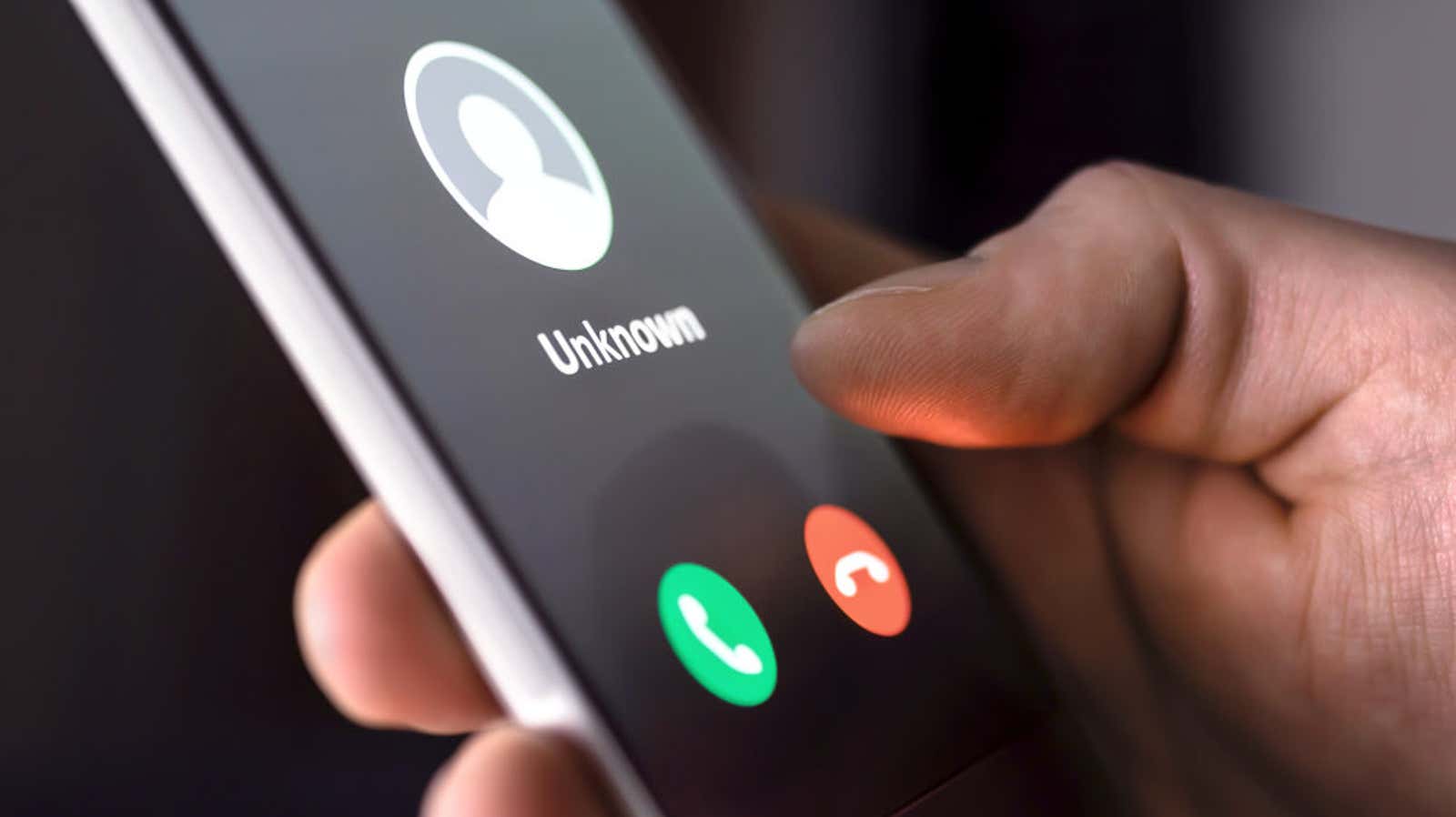Don’t Fall for These Coronavirus Phishing Scams

The severity of the COVID-19 pandemic is the perfect backdrop for scammers trying to trick you with their schemes. We’ve seen fake coronavirus tracking apps and fake charities , and now the number of coronavirus-related phishing attacks is also on the rise.
These scams use disturbing messages to trick victims into handing over their social media accounts, social security numbers, and financial details. Some claim they are from the IRS, CDC or companies like Google, while others try to intimidate you into buying fake test kits or downloading “verification apps” that steal your data.
What Coronavirus Phishing Scams Look Like
The FCC , FTC and FBI have several examples of such fake reports, but for the most part, these scams are pretty obvious. Aside from heightening concerns about the coronavirus pandemic, they are just like any other phishing and can be prevented in the same way. Here are some examples (and tips):
- Do not open links to online COVID-19 tests or test apps. And don’t buy “home testing kits.” There are no such tests. You can only go through a personal test at an official testing point. Home furnishings are fake and online tests and test apps try to phish your personal information.
- There is (currently) no service to alert people who have come into direct contact with someone with the virus. This means that any automatic messages you receive that you may have COVID-19 and need to get tested are almost certainly fake. Yes, Google and Apple technically have the means to track potential contacts, but they are not fully implemented yet. You only need to worry about it when someone you know says they tested positive and that you might need to get tested as well.
- If you receive a random coupon code or “special offer” for products, services, or other discounted items from an unknown number, it is fake (even if the text name indicates the store you are shopping at). However, if you want to verify this, find the official contact information of the company and call them for confirmation.
Some of the automated calls you may encounter during the coronavirus can be deceptively intimidating – for example, claiming that your small business is in danger, or that there is a problem with your incentive check, or even that something is wrong with your medical insurance. If such a problem is true, you will be contacted by official means and not by a random text message or phone call. And, again, you can always call the organization back by finding the correct phone number on the Internet to verify the information received.
If you believe you have received a coronavirus-related fraudulent message, you can report it here . This will help authorities stop phishing campaigns and reduce the likelihood of someone being hacked.
Other phishing safety tips
While these tips should help you detect coronavirus-related scams, our general online fraud prevention solutions also apply here . The most important thing:
- Check if there are any misspelled links in the address bar of your browser. It’s easy to trick a link that opens a legit-looking login page just to steal your account details. When in doubt, find a real login page and be sure to bookmark the ones you use frequently so you know you’re getting the real one.
- Likewise, make sure that links from sources claiming to be official groups and government agencies do point to a .gov or .org website.
- Do not share your tax information, social security number, or bank account / credit card information unless you are sure who gets it. Neither the IRS nor your banks will ever request them by phone or email.
- As always, never open links or download attachments from unknown sources.
[ CNN ]